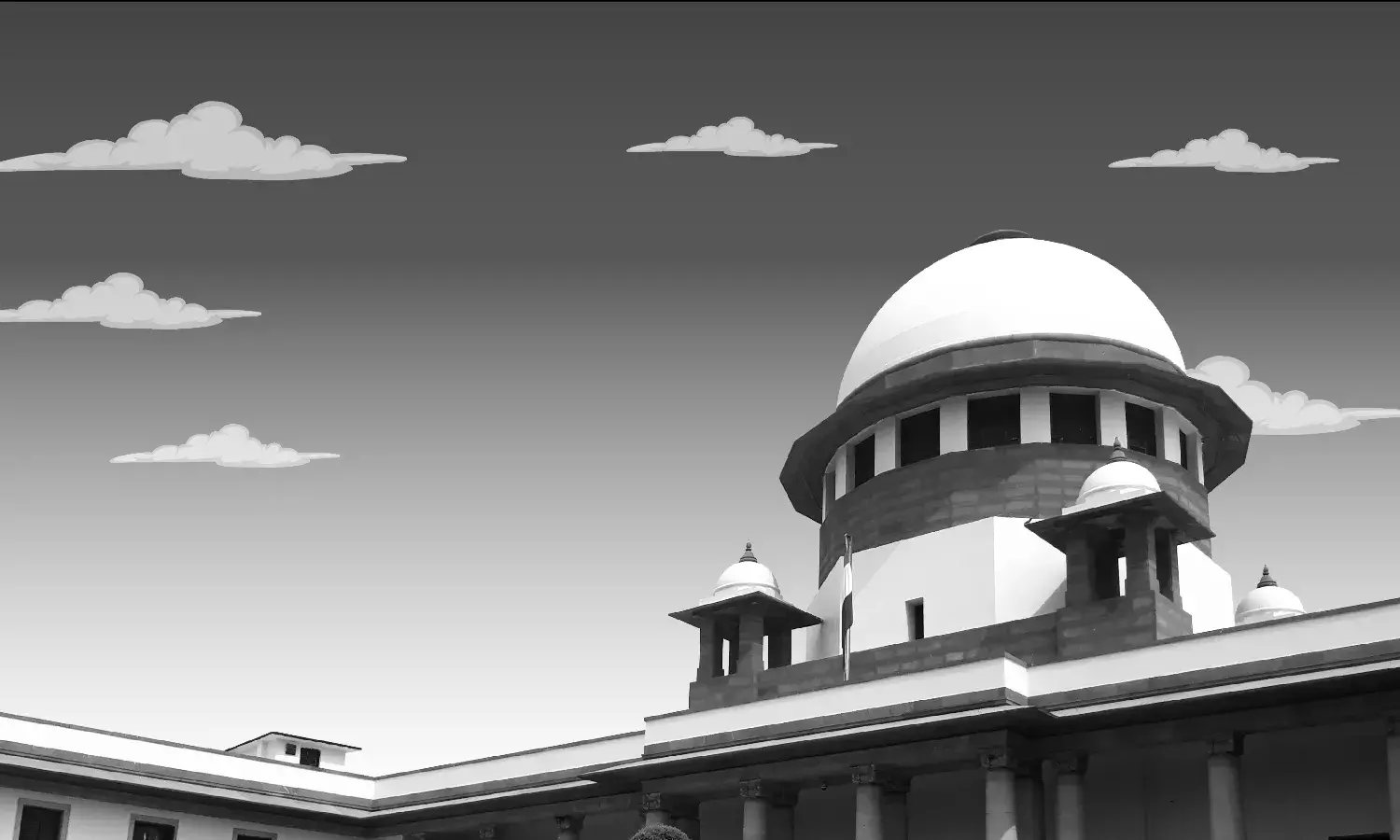Apprehension of Breach of 'Public Order' And Not 'Law And Order' Can Be A Ground For Preventive Detention: Supreme Court

The Detenu under preventive detention was accused of committing a series of offences that come within the preview of Section 3(2) of the "Telangana Prevention of Dangerous Activities of Boot-leggers, Dacoits, Drug-Offenders, Goondas, Immoral Traffic Offenders Land-Grabbers, Spurious Seed Offenders, Insecticide Offenders, Fertiliser Offenders, Food Adulteration Offenders, Fake Document Offenders, Scheduled Commodities Offenders, Forest Offenders, Gaming Offenders, Sexual Offenders, Explosive Substances Offenders, Arms Offenders, Cyber Crime Offenders and White Collar or Financial Offenders Act, 1986" (Telangana Act). A Bench of Justice R. F. Nariman and Justice Hrishikesh Roy was seized of an appeal arising out of a Judgment of the High Court of Telangana dismissing the Writ Petition filed by the Detenu challenging the Preventive Detention Order.
The question that arose was whether the offences allegedly committed by the Detenu infringed 'Public Order'. Section 3 of the Telangana Act can only be invoked if the Detenu had acted in any manner prejudicial to the maintenance of public order. Five FIRs had been filed against the Detenu, under Sections 420, 406 and 506 of the IPC between October, 2017 and December, 2019, on the basis of which, the detention order was passed.
The Counsel appearing on behalf of the State of Telangana highlighted the grounds contained in the Detention Order and argued that the Detenu was a habitual fraudster who had created fear amongst the gullible public, and that since he was likely to commit similar offences in future, it was important to preventively detain him as the ordinary law had no deterrent effect on him. Further, it was argued that the Denenu had infringed 'public order' and had disturbed the even tempo of life of persons who were cheated by him and were likely to be cheated by him.
The Counsel for the Detenu argued that the Detention Order was totally perverse and was passed only because the bail applications of the Detenu had been allowed earlier and that the actions of Detenu, at worst, created a 'law and order' problem and not a 'public order' problem. It was argued that the correct course of action would be for the State to move for cancellation of the bail that has been granted, if any further untoward incident was to take place.
The Court observed that "When a person is preventively detained, it is Article 21 and 22 that are attracted and not Article 19. Further, preventive detention must fall within the four corners of Article 21 read with Article 22 and the statute in question. To therefore argue that a liberal meaning must be given to the expression 'public order' in the context of a preventive detention statute is wholly inapposite and incorrect. On the contrary, considering that preventive detention is a necessary evil only to prevent public disorder, the Court must ensure that the facts brought before it directly and inevitably lead to a harm, danger or alarm or feeling of insecurity among the general public or any section thereof at large."
The Court noted that though the Detenu may be a "whitecollar offender" as defined under Section 2(x) of the Telangana Act, a Preventive Detention Order can be passed only if his activities adversely affect or are likely to adversely affect the maintenance of public order. Public Order, as per the Explanation to Section 2(a) of the Telangana Act involves causing a harm, danger or alarm or a feeling of insecurity among the general public or any section thereof or a grave widespread danger to life or public health. The Court noted that the expressions 'law and order', 'public order', and 'security of state' are different from one another and that for 'public order' to be disturbed, there must inturn be public disorder.
"Mere contravention of law such as indulging in cheating or criminal breach of trust certainly affects 'law and order' but before it can be said to affect 'public order', it must affect the community or the public at large.", the Court held.
The Court held that preventive detention must fall within the four corners of Article 21 read with Article 22 and that a liberal meaning must not be given to the expression 'public order' in the context of a preventive detention statute.
The Court noted that preventive detention is a necessary evil only to prevent public disorder and that the Court must ensure that the facts brought before it directly and inevitably lead to a harm, danger or alarm or feeling of insecurity among the general public or any section thereof at large.
Consequently, the impugned Judgment was set aside and the Detenu was ordered to be freed forthwith.

